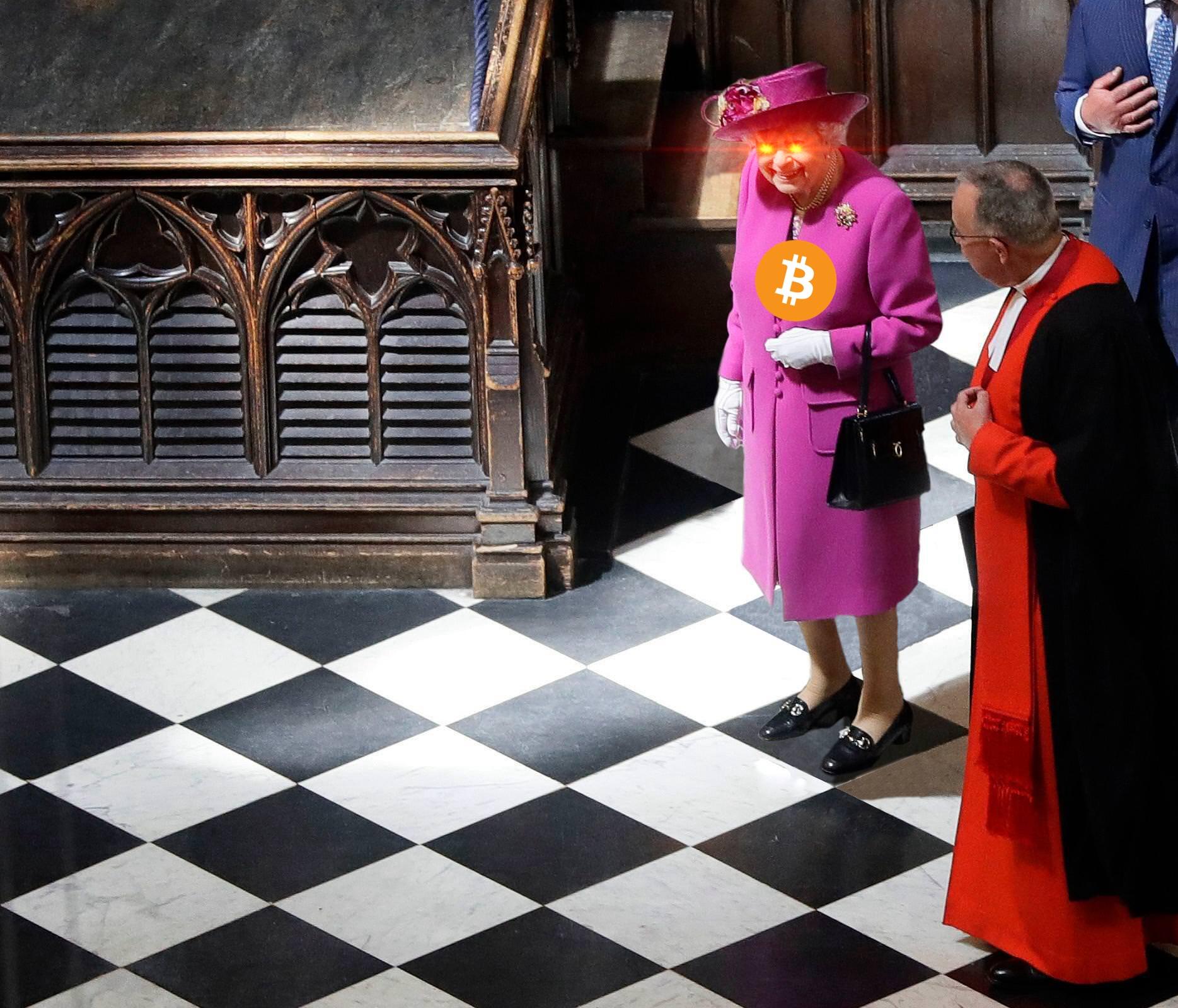alanbwt on Nostr: “What if someone changes the #Bitcoin protocol rules, such as by removing the 21M ...
“What if someone changes the #Bitcoin protocol rules, such as by removing the 21M supply cap?”
They can certainly try. But at this point, it’s not feasible. Here’s why.
Let’s use chess as a metaphor.
You and I can agree to start playing chess by some new rules, such as allowing pawns to move like queens, or expanding the size of the board.
We can even spend billions of dollars paying chess influencers, chess organizations, and chess board manufacturers to promote our new version. However, the classic version of chess has enormous staying power, so good luck getting the rest of the world to follow our new rules.
At best, all we’ll do is create some new, lesser, alternate version of chess that a minority of people play. Most will still opt to play the old version.
One exception to this is that we might successfully introduce some tiny new edge-case rule that improves the game while keeping the essence of the classic version in tact. For example, pawn en passé was adopted in the 15th century, 900 years after the original game of chess arose.
Still, it’s hard to force small edge-case rule changes like that. Typically, they emerge naturally as players of the game realize a slight way to make gameplay more fair or enjoyable.
The same is true for Bitcoin. Hard forks are out of the question at this point, as the majority of nodes will always follow the classic rules of the protocol out of their own self-interest. If the 21M hard cap was removed, that version would no longer be Bitcoin.
The only rules that might change henceforward are small and relatively insignificant to the essence of Bitcoin. And even then, these soft forks will only be adopted if a majority of nodes decide on their own to adopt them, which will only happen if they legitimately improve the protocol.
My node, for one, will never adopt fundamentally different Bitcoin rules. And there are many like me.
They can certainly try. But at this point, it’s not feasible. Here’s why.
Let’s use chess as a metaphor.
You and I can agree to start playing chess by some new rules, such as allowing pawns to move like queens, or expanding the size of the board.
We can even spend billions of dollars paying chess influencers, chess organizations, and chess board manufacturers to promote our new version. However, the classic version of chess has enormous staying power, so good luck getting the rest of the world to follow our new rules.
At best, all we’ll do is create some new, lesser, alternate version of chess that a minority of people play. Most will still opt to play the old version.
One exception to this is that we might successfully introduce some tiny new edge-case rule that improves the game while keeping the essence of the classic version in tact. For example, pawn en passé was adopted in the 15th century, 900 years after the original game of chess arose.
Still, it’s hard to force small edge-case rule changes like that. Typically, they emerge naturally as players of the game realize a slight way to make gameplay more fair or enjoyable.
The same is true for Bitcoin. Hard forks are out of the question at this point, as the majority of nodes will always follow the classic rules of the protocol out of their own self-interest. If the 21M hard cap was removed, that version would no longer be Bitcoin.
The only rules that might change henceforward are small and relatively insignificant to the essence of Bitcoin. And even then, these soft forks will only be adopted if a majority of nodes decide on their own to adopt them, which will only happen if they legitimately improve the protocol.
My node, for one, will never adopt fundamentally different Bitcoin rules. And there are many like me.

